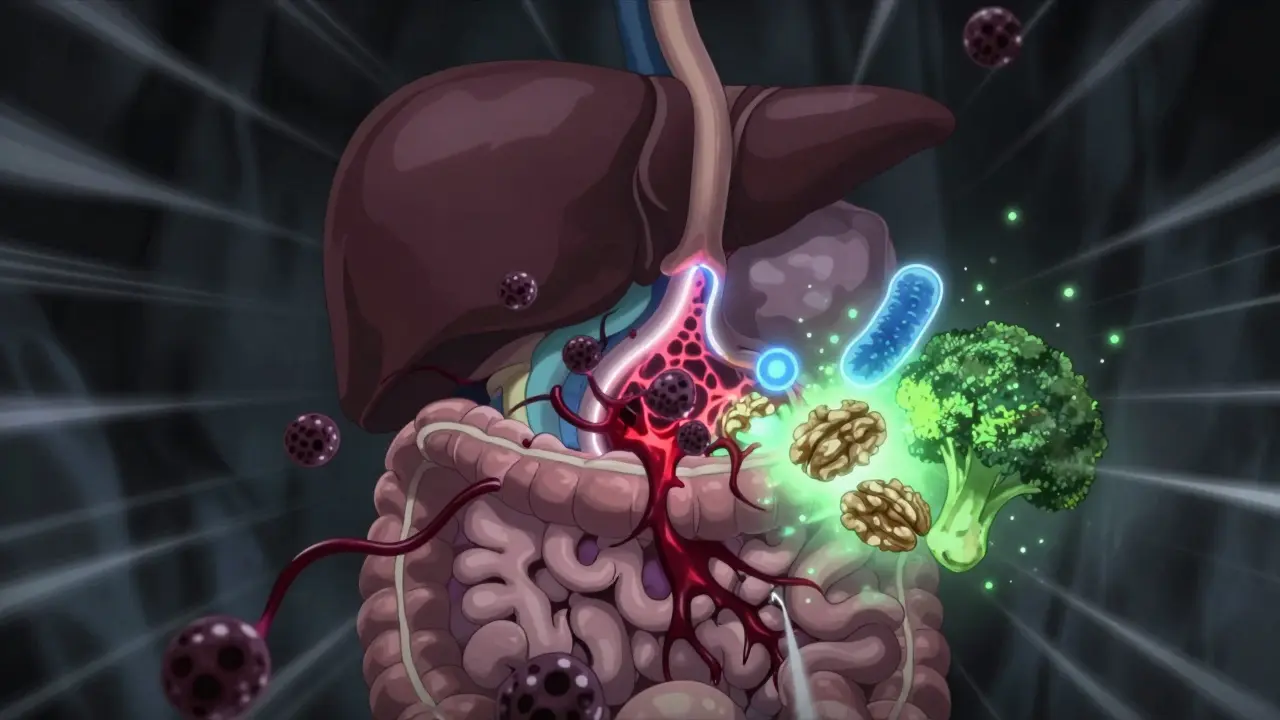Most people blame stress or a bad meal when their stomach acts up. The truth: small daily habits matter more than occasional fixes. Here are clear, useful steps you can use now to reduce bloating, calm digestion, and support your gut bacteria.
Eat more fiber, but do it slowly. Add an extra serving of vegetables, a piece of fruit, or a small bowl of oats each day. If fiber makes you gassy at first, cut back and increase gradually over 2–3 weeks.
Choose fermented foods. Plain yogurt, kefir, sauerkraut, and kimchi deliver live bacteria that can settle in your gut and help digestion. Start with small portions—1–2 tablespoons of sauerkraut or a small cup of kefir daily.
Cut down on added sugar and ultra-processed foods. They feed the wrong bacteria and can increase bloating and inflammation. Swap one soda or sweet snack per day for water and a piece of fruit.
Stay hydrated and move. Drinking water helps food move through your gut. A short walk after meals eases bloating and speeds digestion more than sitting still.
Watch how you eat. Slow down, chew well, and avoid swallowing lots of air (skip the straw and don’t talk with a full mouth). These simple changes often cut bloating more than expensive supplements.
Antibiotics change your gut fast. If you need antibiotics (like tetracycline), expect possible diarrhea or yeast overgrowth. Ask your doctor about probiotic support during and after treatment—some strains help restore balance.
Some weight-loss and digestive drugs change how your body handles fat and nutrients. For example, Orlistat can cause oily stools and requires diet adjustments. If you’re using or considering such meds, read guidance about adapting your cultural diet so you don’t get unpleasant surprises.
Have persistent symptoms—bloating, unexplained weight loss, severe pain, or blood in stool? See a clinician. Tests can spot issues like food intolerances, infections, or bigger problems that need treatment. For gas relief or over-the-counter options, check trusted guides on safe products and pharmacies.
Small experiments work best: try a fiber boost for two weeks, then add fermented foods. Keep a short food-and-symptom diary so you can spot patterns. If a change brings new or worse symptoms, stop and talk to a doctor.
Gut health isn’t one big secret. It’s a few daily habits, smart choices about medicines, and clear action when something’s off. Do those, and your digestion will thank you.

Discover how diet and weight loss can reverse nonalcoholic fatty liver disease by healing your gut. Learn what foods help, which probiotics work, and how losing just 5% of your weight can transform your liver health.

Individuals with ulcerative colitis face a significantly higher risk of developing colon cancer, making it crucial to understand the link between these conditions. Both diseases impact the colon, but ulcerative colitis results in chronic inflammation, which over time can lead to the formation of cancerous growths. The article explores the biological relationship between these conditions, symptoms to watch for, and strategies to reduce cancer risk. It's essential for patients to have regular screenings and adopt a lifestyle that supports gut health.